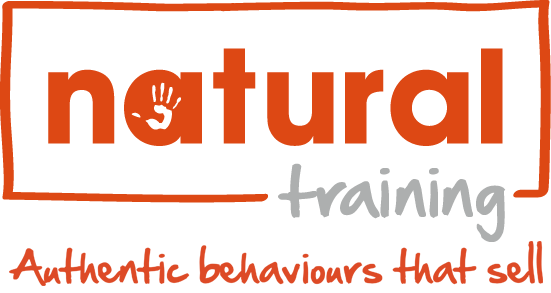I recently received an email from an author in the US asking about ROI on sales training.
I thought I would share my response:
We sometimes are able to track sales training effect if clients are good enough to share numbers with us. There is a large publisher in the UK, one of the big 4, who we have worked with for a couple of years. The sales team there was very raw, a bit like you describe – not up with the latest technology and they had gone a bit ‘tribal’. We did a little bit of consulting, and found some interesting things which formed the backbone of our eventual program.
First off, they had become reactive, responsive and a bit lethargic. The quickest win was to lift their activity – we did so by 200%, meaning that the average amount of phone calls went from 15 to 45. This alone, over the first year, helped them hit their target. We always say that sales people can’t guarantee the result, but they can guarantee the activity required to get the result.
Another challenge was lead follow-up times. They were taking days to get back to an enquiry, so with our training and by helping them understand the advantage of quick response times, we helped get that down to an average of 5 minutes. Again, this had a profound effect. We had to keep hammering away at them though – this number kept on creeping out, so we offered incentives and bonuses until it became the norm to get back to leads almost instantly.
The final major two challenges were consultation and proposals. They had a ‘pitching culture’ and didn’t ask enough questions. Although it seems clumsy and a bit dictatorial writing this now, we insisted on a 10-question minimum, because that was the only way we were going to get there. Even if they only hit 6, that was a marked improvement. The wonderful result of this was that they were qualifying clients much better into their sales process (and equally as important, out of their sales process as there is a lot of ‘tyre kicking’ in publishing).
Finally proposals were long, unfocused, multi-font and generally poor, so we tidied up that process for them (funnily enough using principles of the publishing world!) and built a process to ensure that they could get a proposal out in 45 minutes by better using the resources right under their noses. To tie that all together, we created mutually a new team ‘trademark’ around words and phrases like ‘phenomenal energy’, ‘instant follow up’ and ‘don’t think, do’.
This publisher has hit their target, in a tight UK economy, for two years running, and credits our sales training with the millions of pounds they have banked. (I would need to check the numbers but I don’t think they spent more than fifty thousand a year with for a team of 20 for lots of training).
When sales training falls down is that some clients want us to come in and do 1 or 2 days and expect a major turnaround. We generally avoid such assignments. Training is successful if it’s sustained, particularly with sales people. Sales people need little and often, constant reinforcement, lots of personal attention, and even then it comes down to their desire to change and learn rather than anything we can do.
Sales people tend to succeed based on attitude, not experience, yet employers hire them based on experience, not attitude, and wonder why they don’t work out.
Hope that helps. I could talk for about 5 days on this subject….
Kind regards,
Matt
Matt Drought, Founder/Training Design
Natural Training, Clergy House, Mark Street, London EC2A4ER
Phone: 0207 043 1582
I hope this gave you some interesting insights into ROI of sales training. If you’d like to hear more, or to speak to a member of our team to find out how we can benefit your business through bespoke sales training, contact us here.


